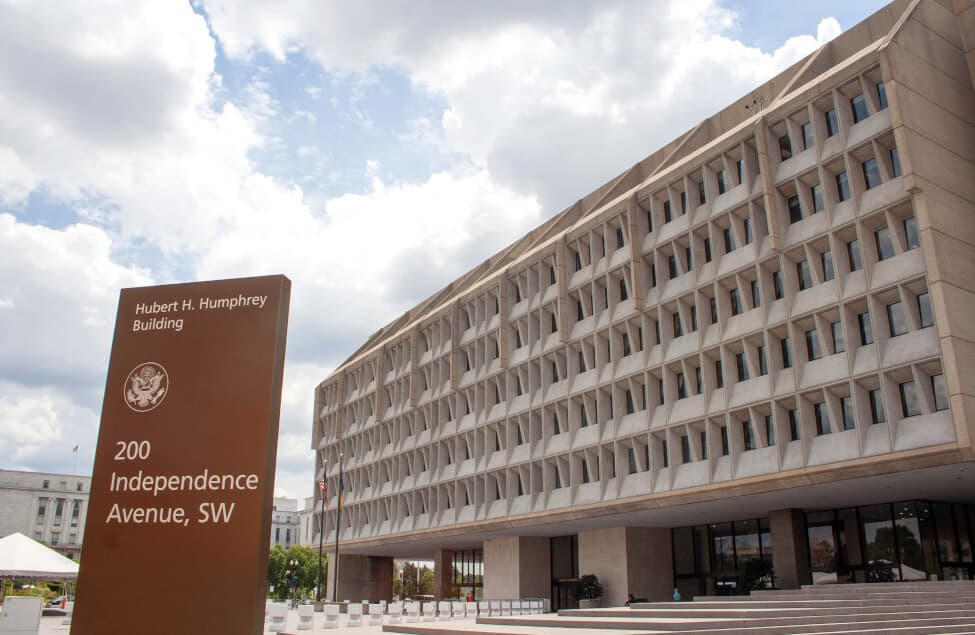The digital landscape in the United States is crumbling, with an alarming 75 million Americans at risk of being left behind as federal websites vanish without a trace. This is not merely a technical issue; it is a profound human rights crisis that threatens the very fabric of our democracy.
Mass Disappearance of Government Resources
Recent findings reveal a shocking trend in the disappearance of critical government websites, as documented by the Federal Depository Library Program Web Archive. With each transition in presidential administrations, vital resources are lost, leaving citizens without access to essential information and services. This deletion of data, which disproportionately affects marginalized communities, underscores the urgent need for robust digital rights protections.
Digital Divide as a Human Rights Violation
The digital divide in America is not just a technology issue; it is a pressing social justice concern. According to a study published in the Archives of Government Websites, the gap in access to digital resources exacerbates existing inequalities. Those without reliable internet or access to government services are often the same individuals fighting for their rights in other arenas. This intersectionality must be acknowledged and addressed as we move toward a more equitable society.

Demonstrators protest for Palestinian rights in Washington DC
AI Policies Failing to Protect Citizens
As the government races to implement artificial intelligence systems, the focus seems to be on bolstering infrastructure rather than protecting citizens’ rights. The recent efforts by CISA highlight a concerning trend of prioritizing national security over individual privacy. Citizens must be at the forefront of any policy discussions surrounding AI, particularly in the context of surveillance and data privacy. Without proper oversight, AI could exacerbate discrimination and inequality.
Historical Data Loss Impacts Accountability
The archival efforts of government websites, such as those by the End of Term Web Archive, emphasize the importance of preserving digital history. When government data disappears, so does accountability. Citizens have the right to access historical data that informs current policies and decisions. The erasure of this information not only hinders transparency but also allows for the perpetuation of harmful practices without scrutiny.

November 24, 2024 - Presidential transition news | CNN Politics
Urgent Call for Comprehensive Tech Policy
The current state of technology policy in the U.S. is fragmented and reactive, as highlighted by the U.S. Government Accountability Office. Without a cohesive strategy that prioritizes digital rights, privacy protection, and equitable access, the digital divide will continue to widen. Policymakers must prioritize comprehensive legislation that safeguards the rights of all citizens, ensuring that technology serves as a tool for empowerment rather than exclusion.

![[Video] Anti-ICE Protester Pepper Sprayed as CBP Agents Disperse Crowd in Minneapolis](/_next/image?url=%2Fapi%2Fimage%2Fthumbnails%2Fthumbnail-1768260677127-y71sb7-thumbnail.jpg&w=3840&q=75)

![[Video] Several injured as U-Haul truck drives through Iranian protestors in Los Angeles](/_next/image?url=%2Fapi%2Fimage%2Fthumbnails%2Fthumbnail-1768176682028-q95y6j-thumbnail.jpg&w=3840&q=75)
![[Video] Scuffle breaks out between Trump supporters and Anti-ICE protesters in Times Square](/_next/image?url=%2Fapi%2Fimage%2Fthumbnails%2Fthumbnail-1768165958203-hgcgb-thumbnail.jpg&w=3840&q=75)


![[Video] Gunfire between Iraqi security forces and Sadr militias in Baghdad](/_next/image?url=%2Fapi%2Fimage%2Fthumbnails%2Fthumbnail-1768343508874-4redb-thumbnail.jpg&w=3840&q=75)
